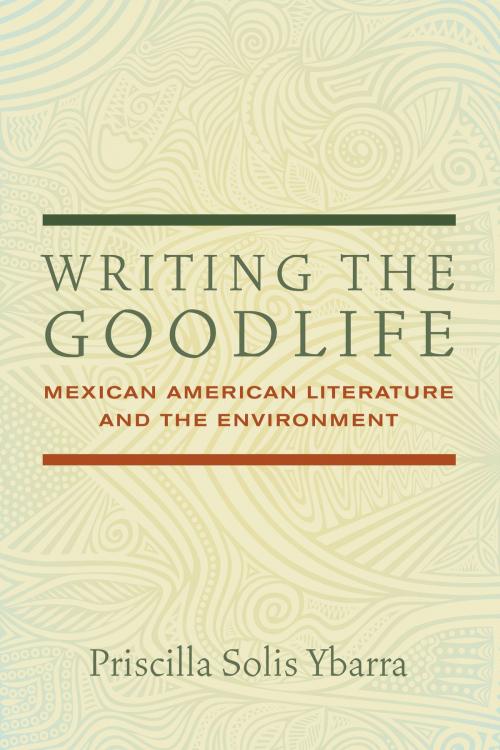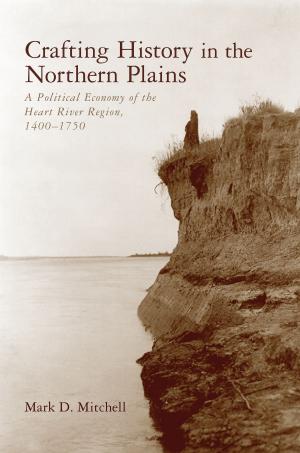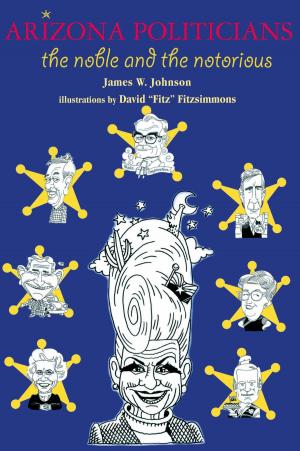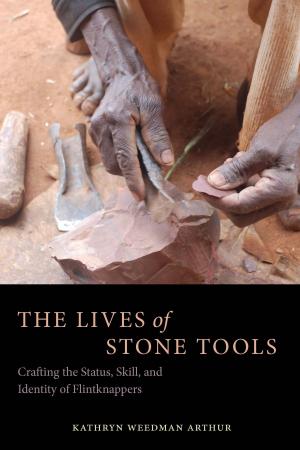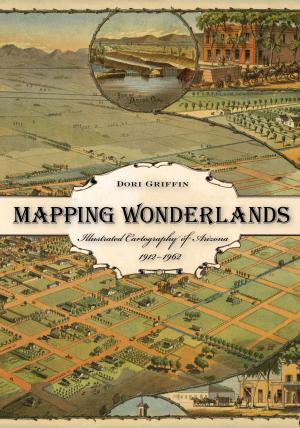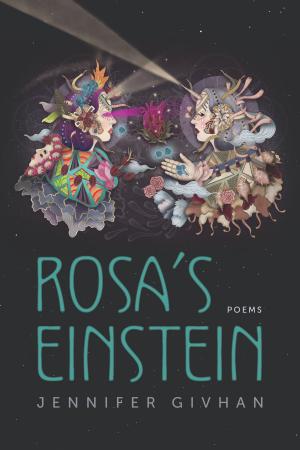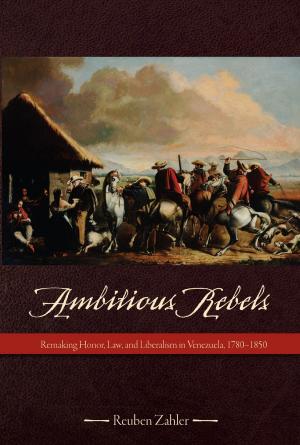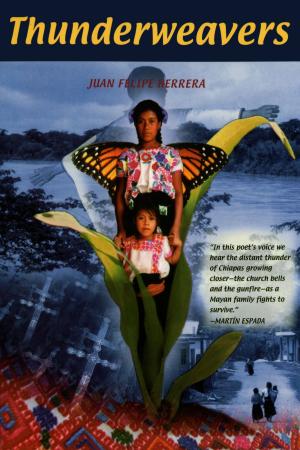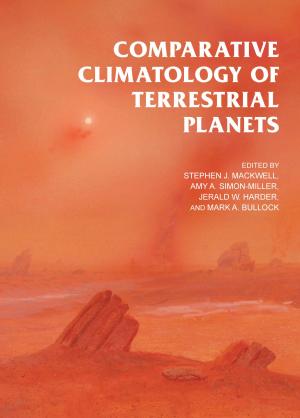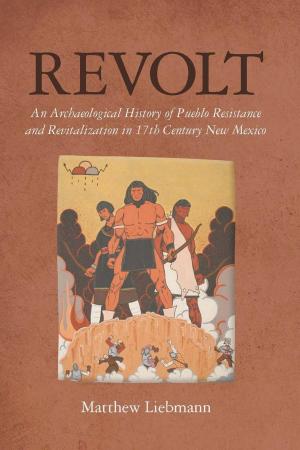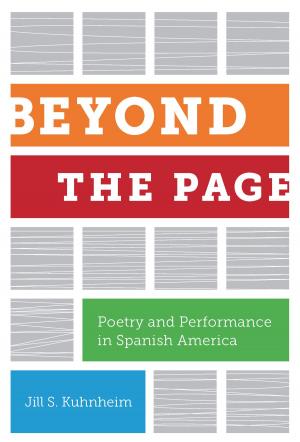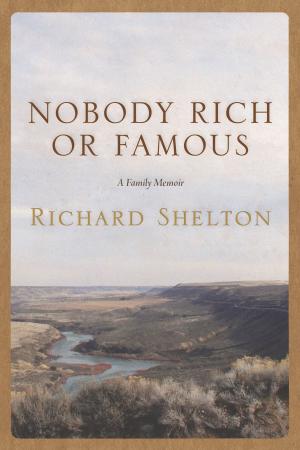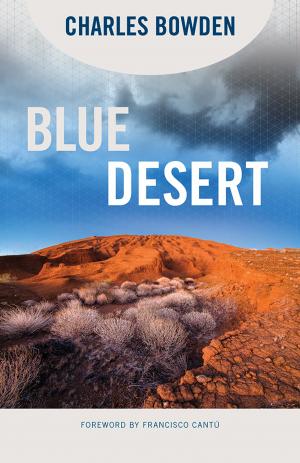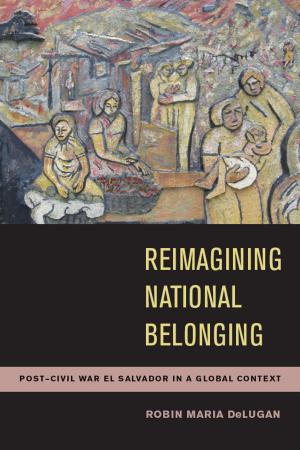Writing the Goodlife
Mexican American Literature and the Environment
Fiction & Literature, Literary Theory & Criticism, American| Author: | Priscilla Solis Ybarra | ISBN: | 9780816533831 |
| Publisher: | University of Arizona Press | Publication: | May 12, 2016 |
| Imprint: | University of Arizona Press | Language: | English |
| Author: | Priscilla Solis Ybarra |
| ISBN: | 9780816533831 |
| Publisher: | University of Arizona Press |
| Publication: | May 12, 2016 |
| Imprint: | University of Arizona Press |
| Language: | English |
Winner of the Western Literature Association’s 2017 Thomas J. Lyon Book Award in Western American Literary and Cultural Studies
Mexican American literature brings a much-needed approach to the increasingly urgent challenges of climate change and environmental injustice. Although current environmental studies work to develop new concepts, Writing the Goodlife looks to long-established traditions of thought that have existed in Mexican American literary history for the past century and a half. During that time period, Mexican American writing consistently shifts the focus from the environmentally destructive settler values of individualism, domination, and excess toward the more beneficial refrains of community, non-possessiveness, and humility. The decolonial approaches found in these writings provide rich examples of mutually respectful relations between humans and nature, an approach that Priscilla Solis Ybarra calls “goodlife” writing.
Goodlife writing has existed for at least the past century, Ybarra contends, but Chicana/o literary history’s emphasis on justice and civil rights eclipsed this tradition and hidden it from the general public’s view. Likewise, in ecocriticism, the voices of people of color most often appear in deliberations about environmental justice. The quiet power of goodlife writing certainly challenges injustice, to be sure, but it also brings to light the decolonial environmentalism heretofore obscured in both Chicana/o literary history and environmental literary studies.
Ybarra’s book takes on two of today’s most discussed topics—the worsening environmental crisis and the rising Latino population in the United States—and puts them in literary-historical context from the U.S.-Mexico War up to today’s controversial policies regarding climate change, immigration, and ethnic studies. This book uncovers 150 years’ worth of Mexican American and Chicana/o knowledge and practices that inspire hope in the face of some of today’s biggest challenges.
Winner of the Western Literature Association’s 2017 Thomas J. Lyon Book Award in Western American Literary and Cultural Studies
Mexican American literature brings a much-needed approach to the increasingly urgent challenges of climate change and environmental injustice. Although current environmental studies work to develop new concepts, Writing the Goodlife looks to long-established traditions of thought that have existed in Mexican American literary history for the past century and a half. During that time period, Mexican American writing consistently shifts the focus from the environmentally destructive settler values of individualism, domination, and excess toward the more beneficial refrains of community, non-possessiveness, and humility. The decolonial approaches found in these writings provide rich examples of mutually respectful relations between humans and nature, an approach that Priscilla Solis Ybarra calls “goodlife” writing.
Goodlife writing has existed for at least the past century, Ybarra contends, but Chicana/o literary history’s emphasis on justice and civil rights eclipsed this tradition and hidden it from the general public’s view. Likewise, in ecocriticism, the voices of people of color most often appear in deliberations about environmental justice. The quiet power of goodlife writing certainly challenges injustice, to be sure, but it also brings to light the decolonial environmentalism heretofore obscured in both Chicana/o literary history and environmental literary studies.
Ybarra’s book takes on two of today’s most discussed topics—the worsening environmental crisis and the rising Latino population in the United States—and puts them in literary-historical context from the U.S.-Mexico War up to today’s controversial policies regarding climate change, immigration, and ethnic studies. This book uncovers 150 years’ worth of Mexican American and Chicana/o knowledge and practices that inspire hope in the face of some of today’s biggest challenges.
